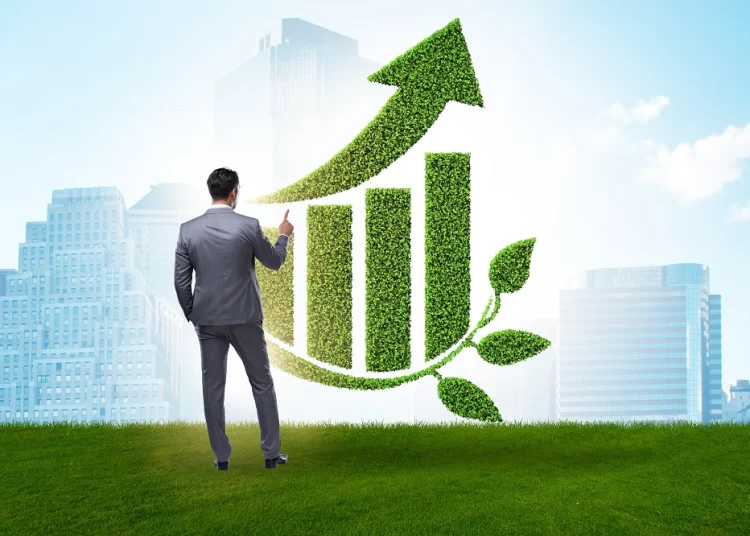The Egyptian Cabinet information center issued a report on petrochemical industry and transition to green energy in light of climate change repercussions.
As the world moves to zero carbon emissions by 2050, the concept of “green petrochemicals” surfaced, the report said, highlighting Egypt’s efforts in this regard.
The cabinet center referred to a report issued by the International Energy Agency (IEA) under the title of “The Future of Petrochemicals”
The IEA report said petrochemicals – components derived from oil and gas – that are used in all sorts of daily products such as plastics, fertilizers, packaging, clothing, digital devices, medical equipment, detergents and tyres – are becoming the largest drivers of global oil demand, in front of cars, planes and trucks.
“Our economies are heavily dependent on petrochemicals, but the sector receives far less attention than it deserves,” said Dr Fatih Birol, the IEA’s Executive Director. “Petrochemicals are one of the key blind spots in the global energy debate, especially given the influence they will exert on future energy trends. In fact, our analysis shows they will have a greater influence on the future of oil demand than cars, trucks and aviation.”
Demand for plastics – the key driver for petrochemicals from an energy perspective – has outpaced all other bulk materials (such as steel, aluminium, or cement), nearly doubling since 2000. Advanced economies currently use up to 20 times more plastic and up to 10 times more fertiliser than developing economies on a per capita basis, underscoring the huge potential for global growth.






Discussion about this post